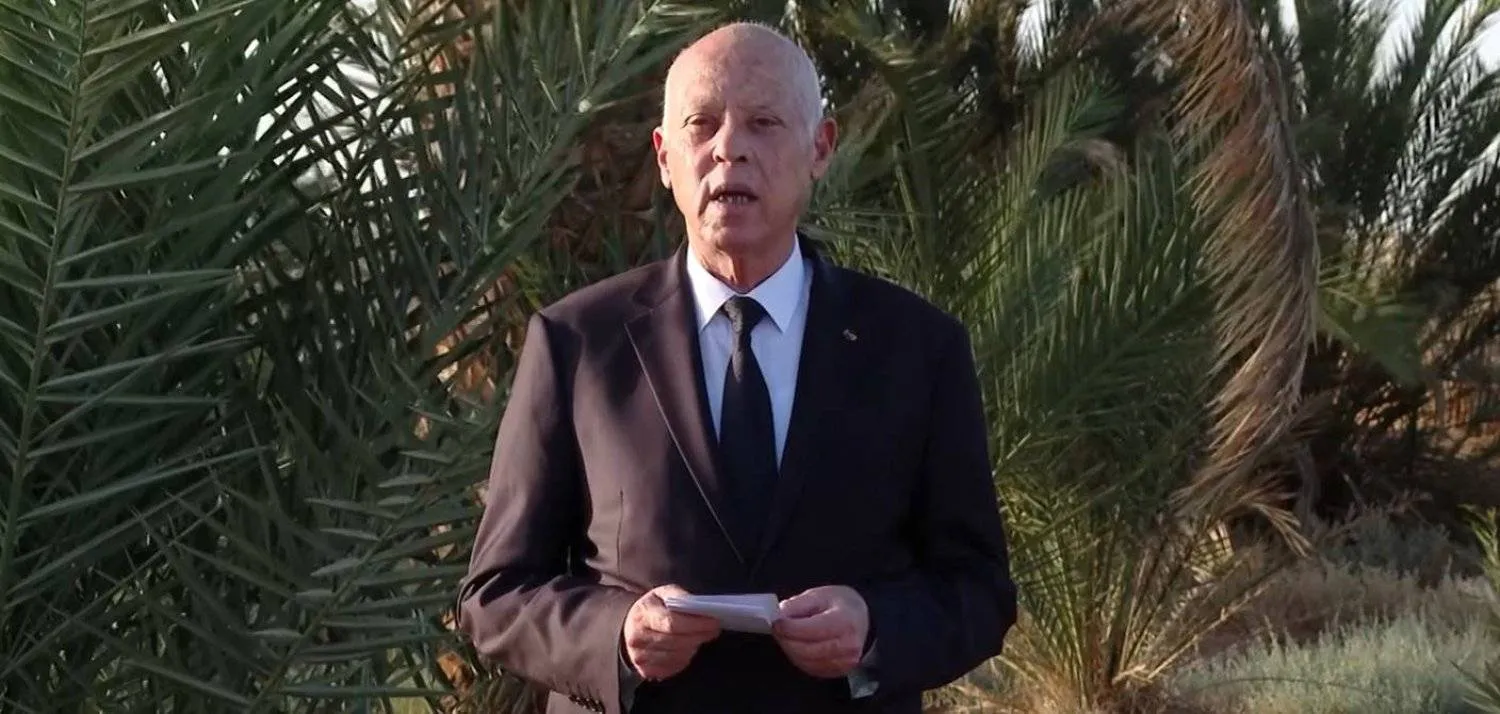Tunisia’s President Kais Saied said Friday he will stand for re-election in the Oct. 6 presidential vote.
“I officially announce my candidacy for the Oct. 6 presidential election in order to keep up the fight in the battle for national liberation,” Saied said in a video released by his office.
In a related development, a Tunisian court sentenced opposition party leader Lotfi Mraihi, a potential presidential election candidate, to eight months in prison on a charge of vote buying, his lawyer said on Friday.
Mraihi had been arrested on July 3 on suspicion of corruption.
The court also banned Mraihi, leader of the Republican Union Party and one of the most prominent critics of Saied, from running in presidential elections for life, his lawyer Omar Ismail said.
Mraihi will appeal the sentence, Ismail added.
In 2021, Saied dissolved parliament and began ruling by decree in a move the opposition has described as a coup. Saied said his steps were legal and necessary to end years of rampant corruption among the political elite.
On another note, the president of the Rabaka Observatory, Imed Daimi, officially declared his candidacy for the 2024 presidential election.
The announcement was made this Thursday through a video published on his official Facebook page.
Daimi, a well-known figure on the Tunisian political stage, was a member of the Constituent Assembly and also acted as minister director of the presidential office.
In addition, he was one of the leaders of the Congress Party for the Republic (CPR), a significant party in the post-revolutionary Tunisian political landscape.
The coming months will be decisive for the electoral campaign, as candidates refine their strategies and programs to convince Tunisian voters.









